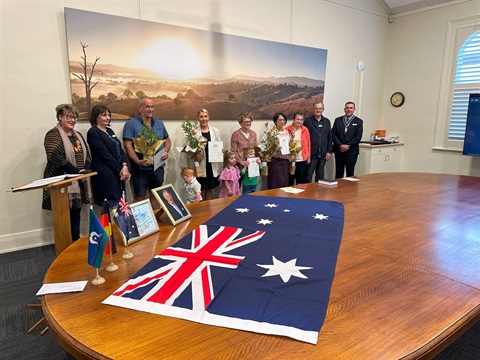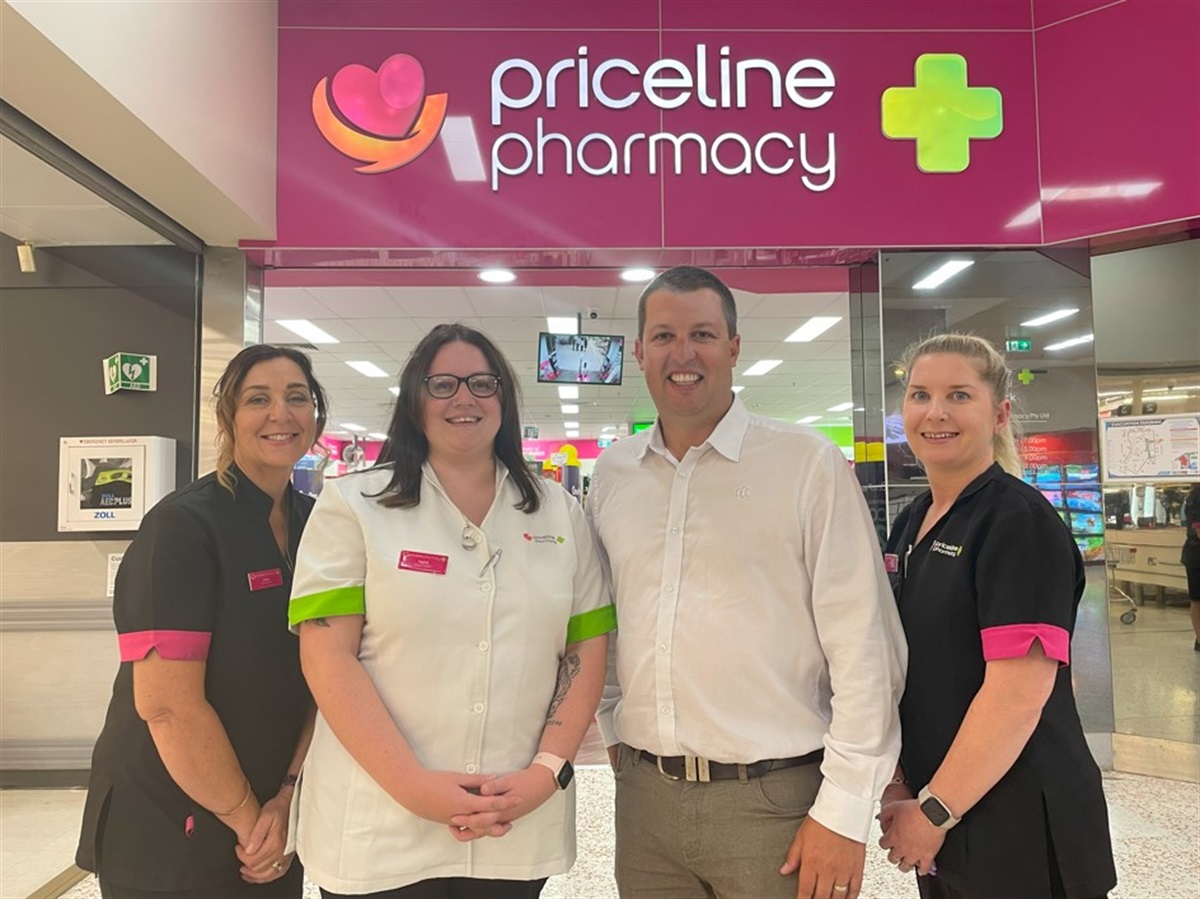
Yesterday’s release of the 17th wave of Australia’s Household, Income and Labour Dynamics Survey (HILDA) shows young people are increasingly seeking help for mental health issues, but Australia’s peak body for psychologists says Medicare is failing to provide adequate access to psychologists to meet treatment needs.
The Australian Psychological Society (APS) says it has long called for access to an increased number of Medicare funded psychology sessions beyond the 10 sessions per year currently available.
In its White Paper: The Future of Psychology in Australia, the APS called for access to up to 20 sessions per year, and 40 sessions for those with high intensity needs.
APS CEO Frances Mirabelli says people need access to the number of sessions which research indicates will achieve effective recovery for their condition.
“An inadequate number of sessions means treatment may be ineffective and there is increased risk of relapse in the long term,” says Ms Mirabelli.
She says there are currently cost barriers to people accessing the appropriate ‘dose’ of therapy.
“People who need more than 10 sessions with a psychologist face out-of-pocket costs when they access additional sessions to get the right dose of therapy. This is unacceptable. People should not be penalised for addressing their mental health issues.”
The HILDA report reflects the chronic nature of anxiety and depression, reporting high rates of persistence over four years, which Ms Mirabelli says is further evidence of the need for access to more psychology services.
Ms Mirabelli says the increase in diagnosis of mental illness is a pleasing reflection of increased help seeking, reduced mental health stigma and community acceptance of mental health treatment.
“It’s particularly encouraging that young people are seeking help. Intervention earlier in the life span is linked to better long-term outcomes.”Ms Mirabelli says prevention is a high priority for the APS.
“Increasing prevention by starting earlier in the life span is vital and that is why we advocate strongly for psychologists in schools.”
In its submission to the Productivity Commission Inquiry into Mental Health the APS has recommended a ratio of one psychologist to 500 students to address early intervention across the school community.
An article on the HILDA Report in The Conversation today questioned why our mental health isn’t improving when antidepressant use among Australians has been rising for decades.
Ms Mirabelli says this lies in the fact that antidepressants are not as effective as psychological therapy, particularly for mild and moderate symptoms of depression.
“Psychological therapy has also been shown to have more effective longer term outcomes such as reduced relapse rates, reduced visits to emergency departments and prevention of associated physical and mental health problems.”
“The mental health needs of Australians need to be urgently addressed, and providing access to adequate, affordable psychological services through Medicare is a key part of that,” says Ms Mirabelli.








